1、 Curing method
1. Temperature: the suitable temperature for its development is 22 ° C to 28 ° C. It is not resistant to high temperature and low temperature. The safe temperature for overwintering is 5 ° C
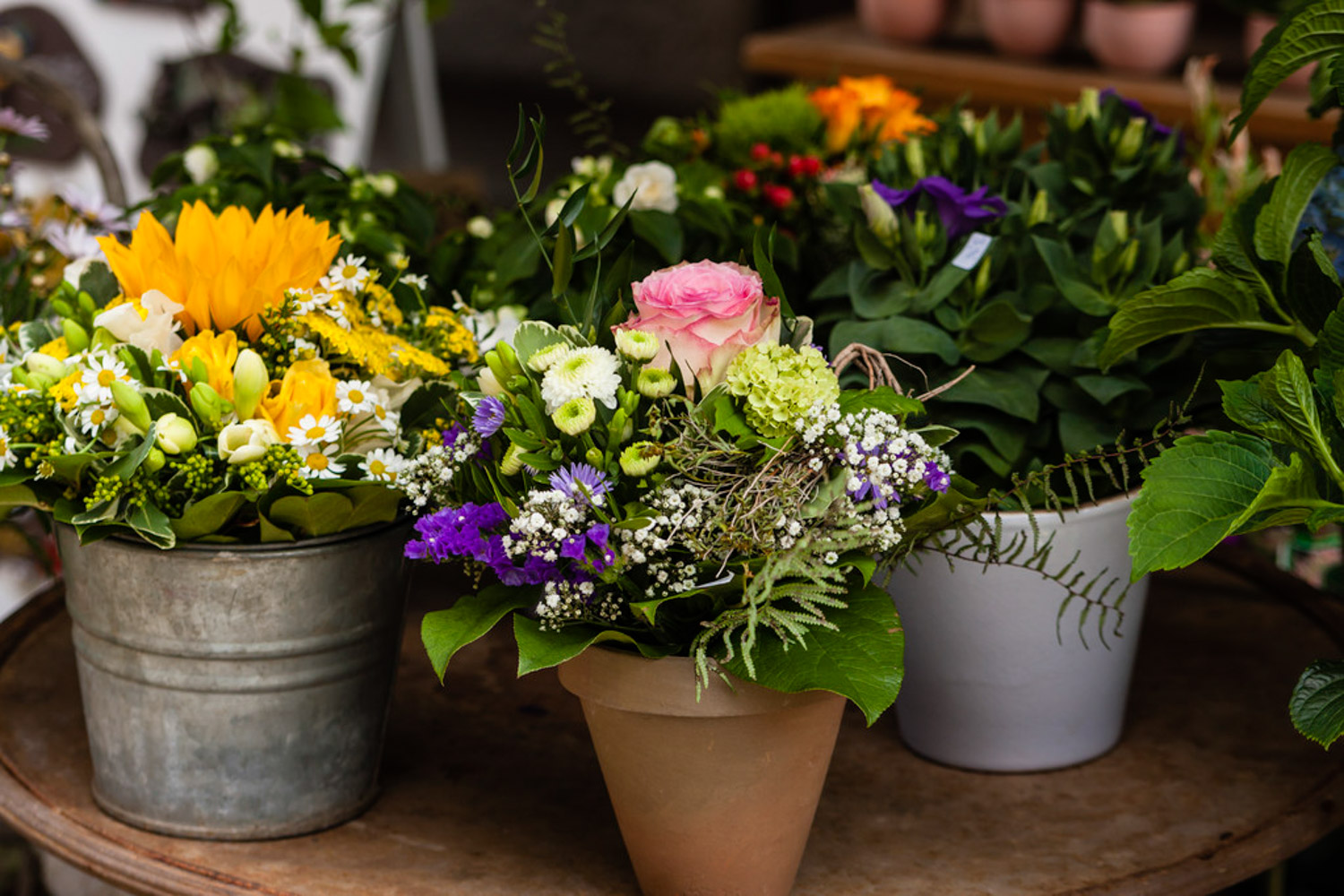
2. Watering: it likes to be wet and needs to keep the moisture of the soil at 50% to 70% for a long time. It needs to be watered in the morning and evening in summer. In plum rain season, it needs to control watering and do a good job of drainage to avoid the root soaking in the water for a long time. The root is not resistant to waterlogging. It is easy to rot when soaking in the water for a long time
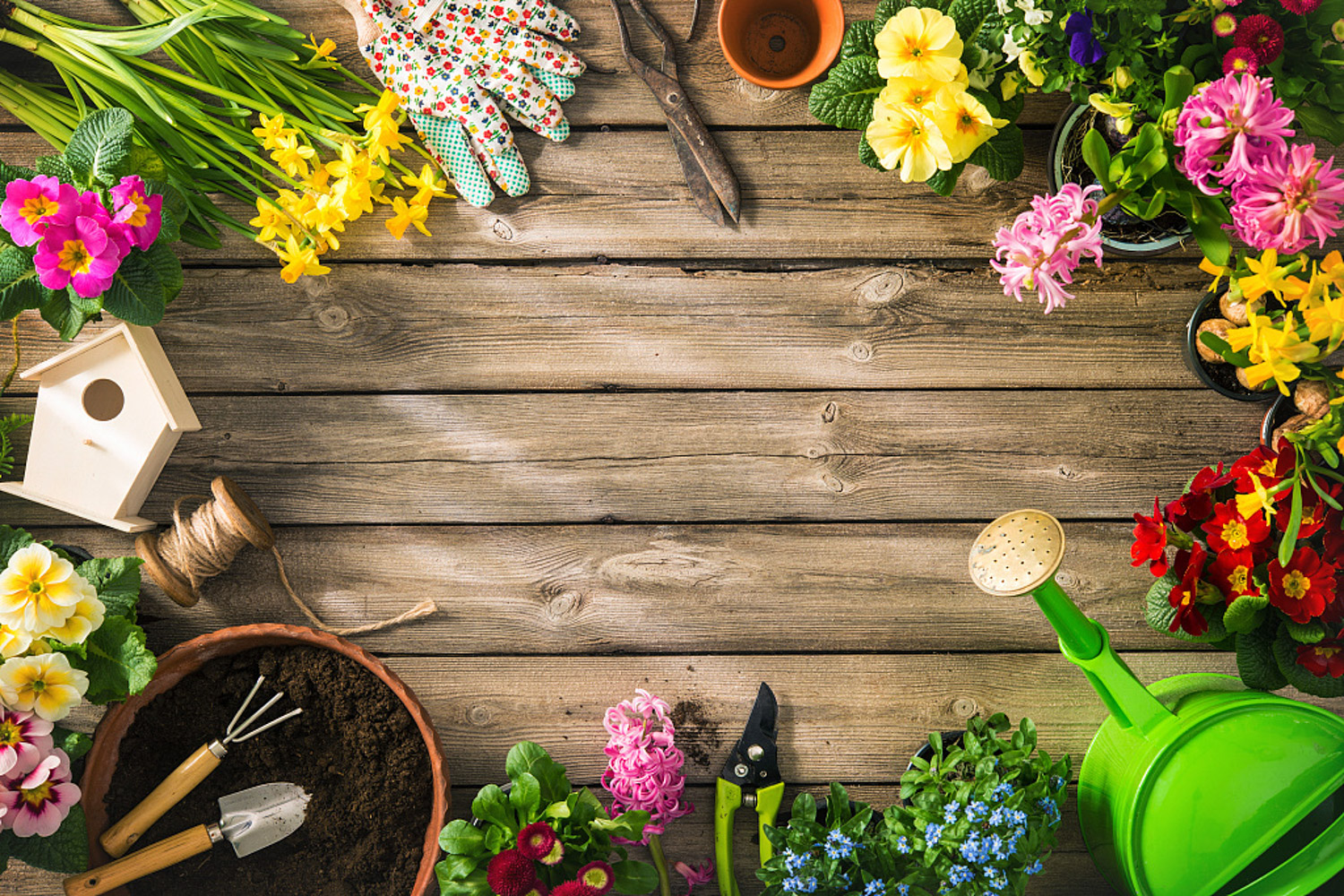
3. Fertilization: because it can blossom and bear fruit throughout the year, the consumption of nutrients is sustainable. Relying on the nutrients in the soil alone is far from enough. It is necessary to apply fertilizer every 15 days or so. The fertilizer species are mainly nitrogen-containing fertilizer species, which can promote the development of branches and make the roots grow stronger. When flowers and bones appear in the plant, it is necessary to reduce the use of nitrogen fertilizer and increase the use of phosphorus and potassium fertilizer, so as to promote the flowering of the plant. After autumn, Use compound fertilizer once every half a month, so that it can supplement nutrients in all aspects
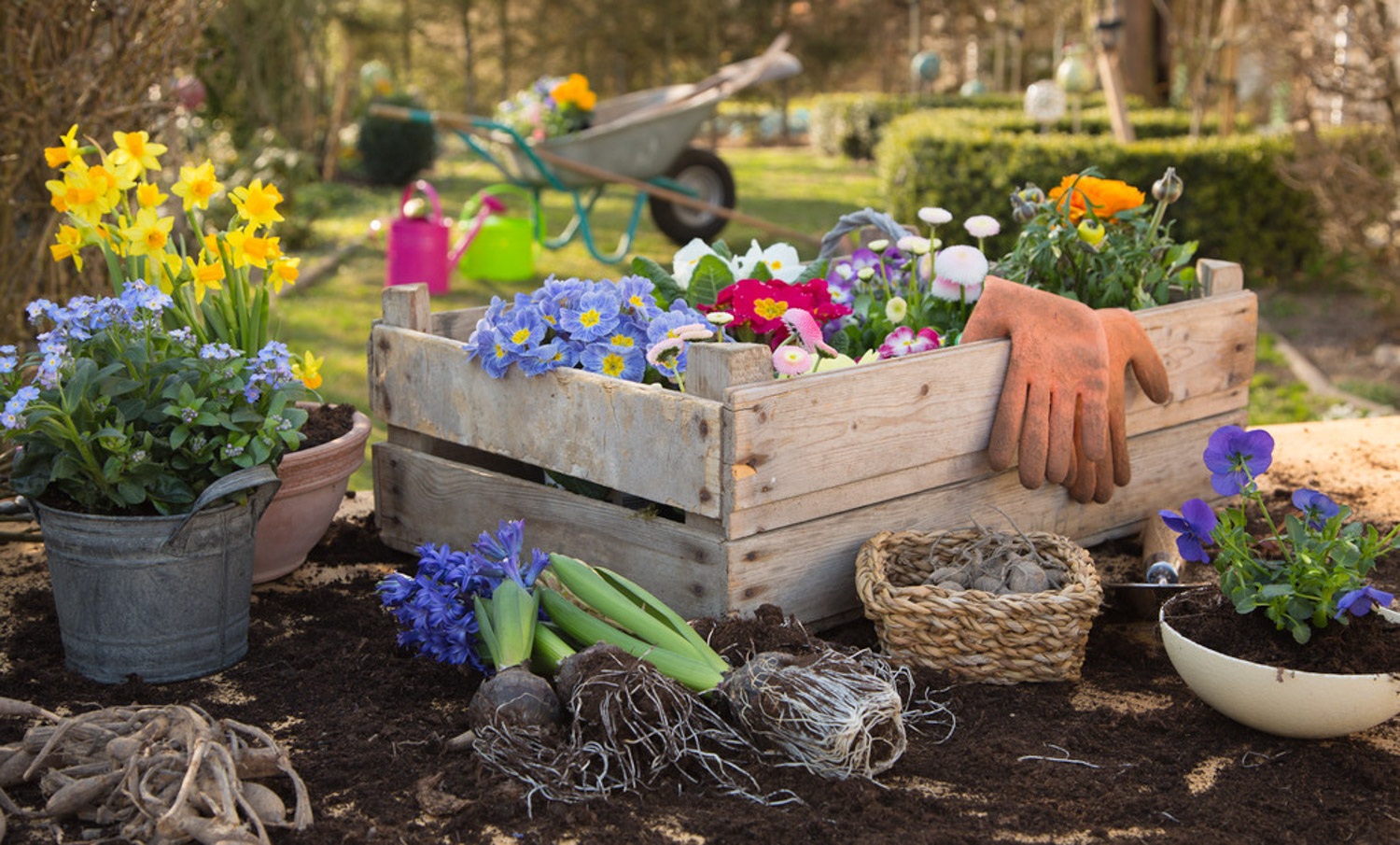
4. Light: during the growth period, it should be given as much light as possible. The more light, the more colorful the face of the lines on the branches and leaves will become and more ornamental. If the light is insufficient, the color of its branches and leaves will become lighter and affect the ornamental
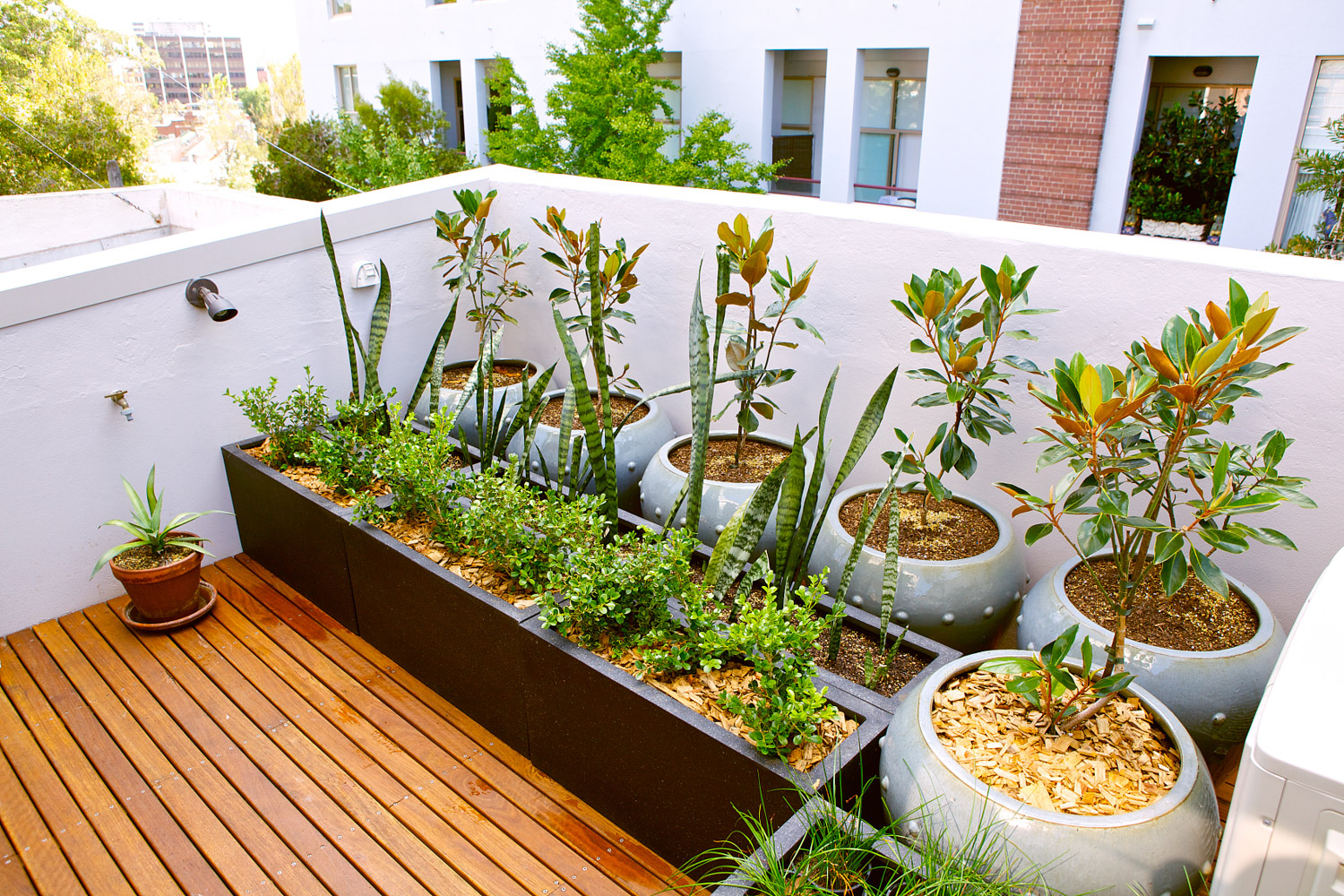
2、 Breeding skills
1. False Forsythia propagation can be used. Because it has many drooping branches, it can press the drooping branches on the mother plant into the soil after the spring of each year, carve them with a knife at the place in contact with the soil, and then bury them with fine soil. Seedlings can be born at the place where they are engraved. When the early spring of the next year, isolate the new plants and replant and cultivate the mother plant
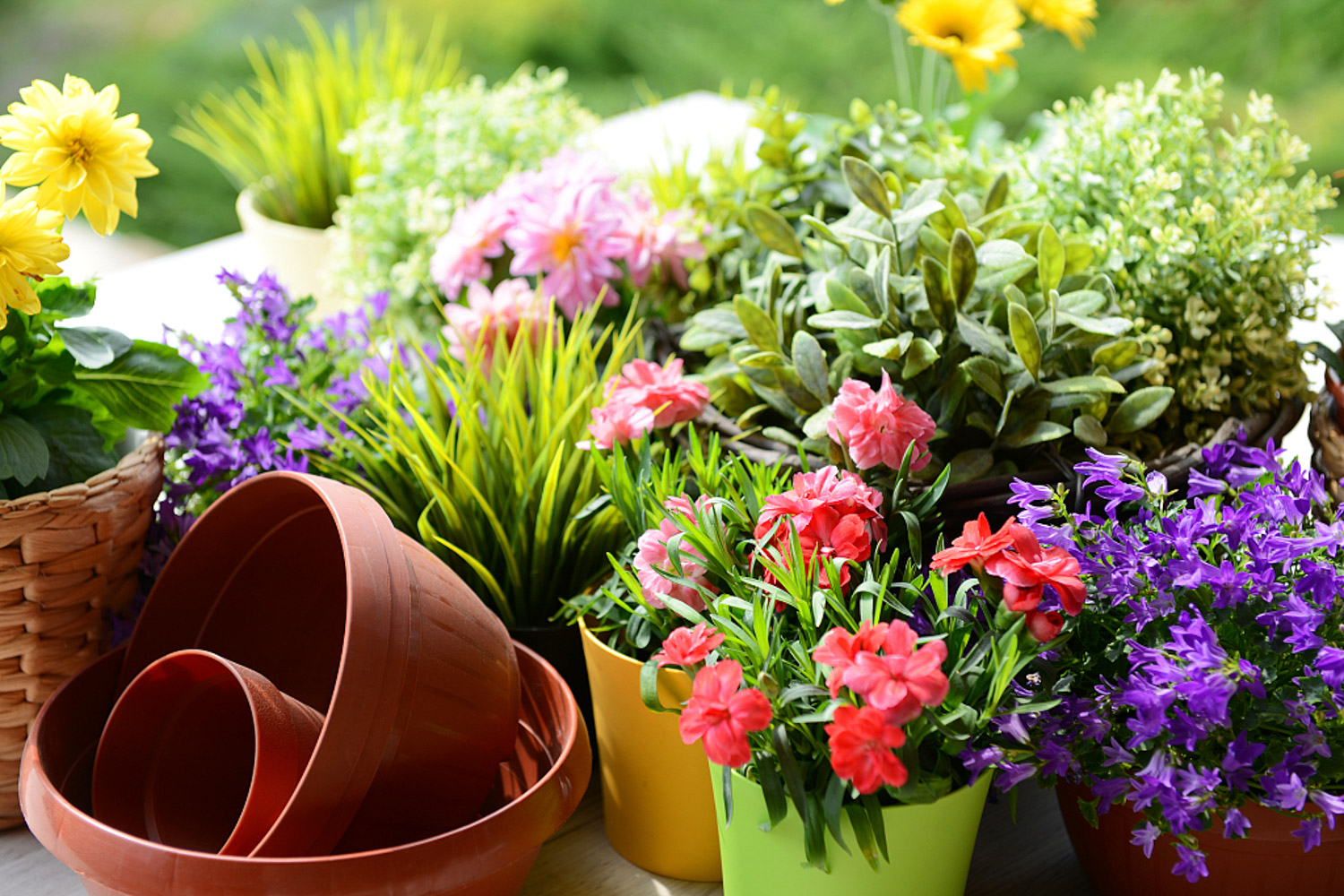
2. Pruning: it can be pruned once when turning the pot in spring. When the growth period is uneven, it can be pruned. It grows very fast and is very resistant to pruning. Therefore, when it has residual branches and leaves, it can be safely and boldly pruned without damage
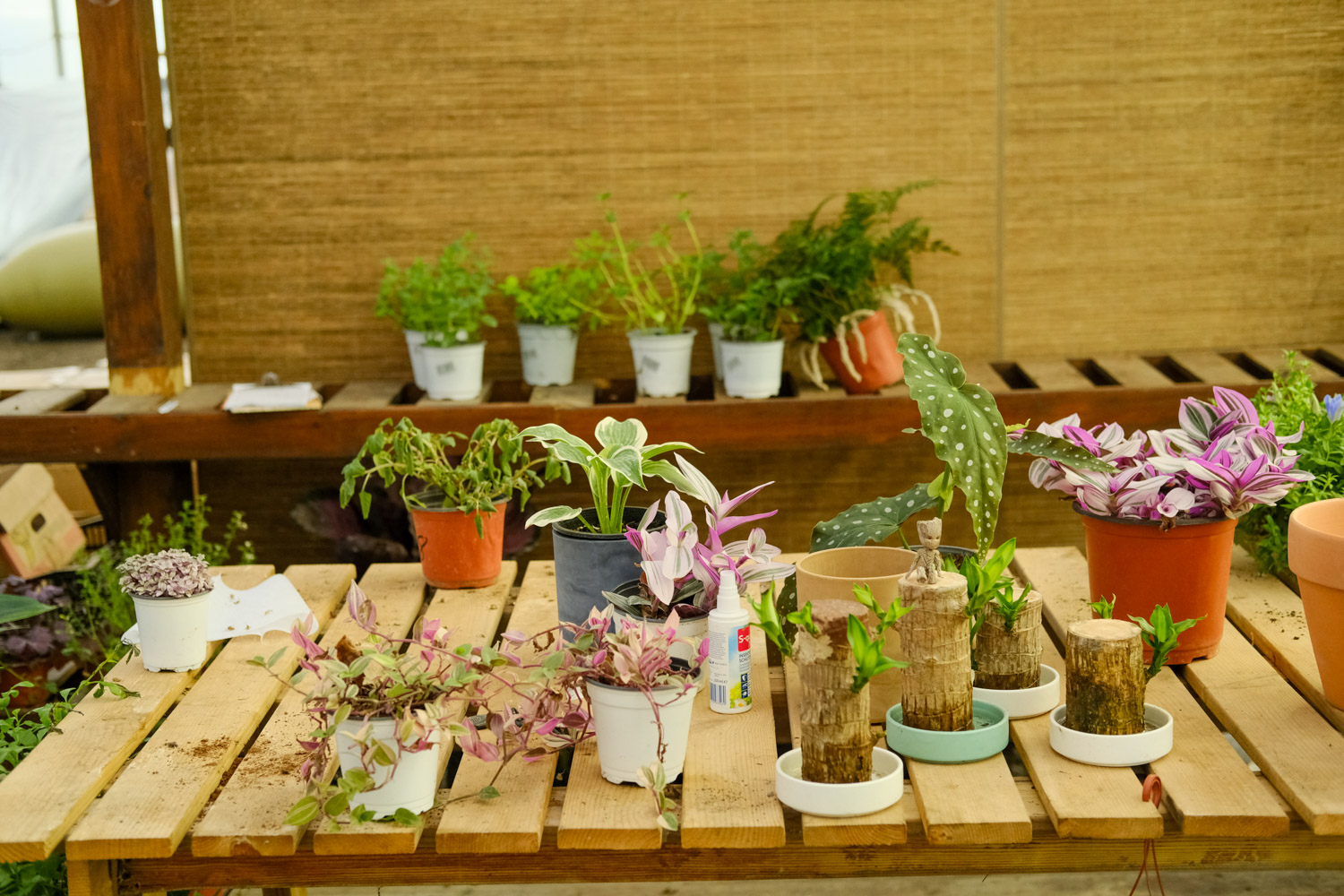
3、 Problem diagnosis
1. Insect pests: its antibody is relatively strong and generally will not be infected with diseases and pests. If insects are found, do not use drugs first and use ashtray water
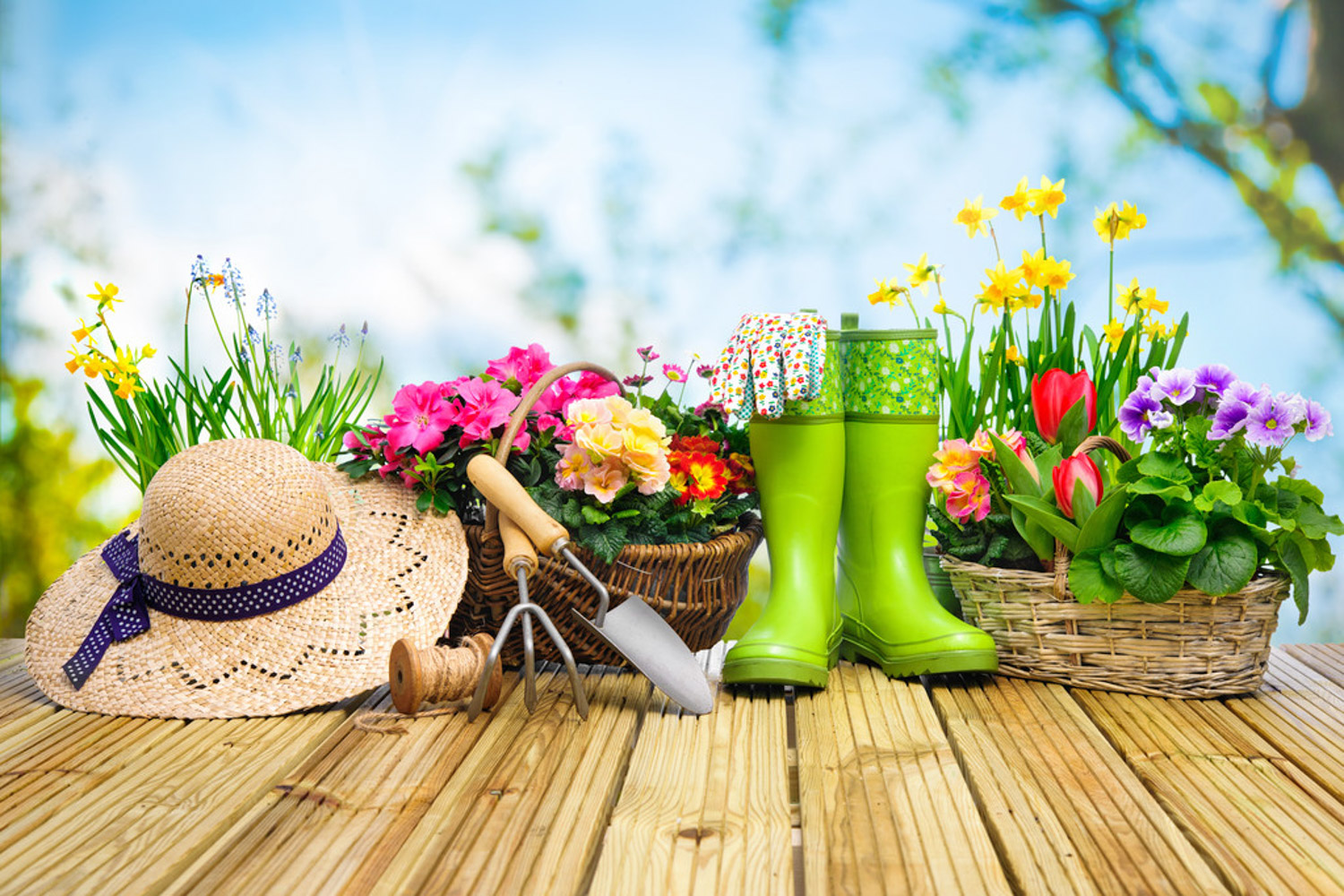
2. Basin turning: the basin can be turned once every spring. When turning the basin, try to choose the soil with good drainage and high porosity
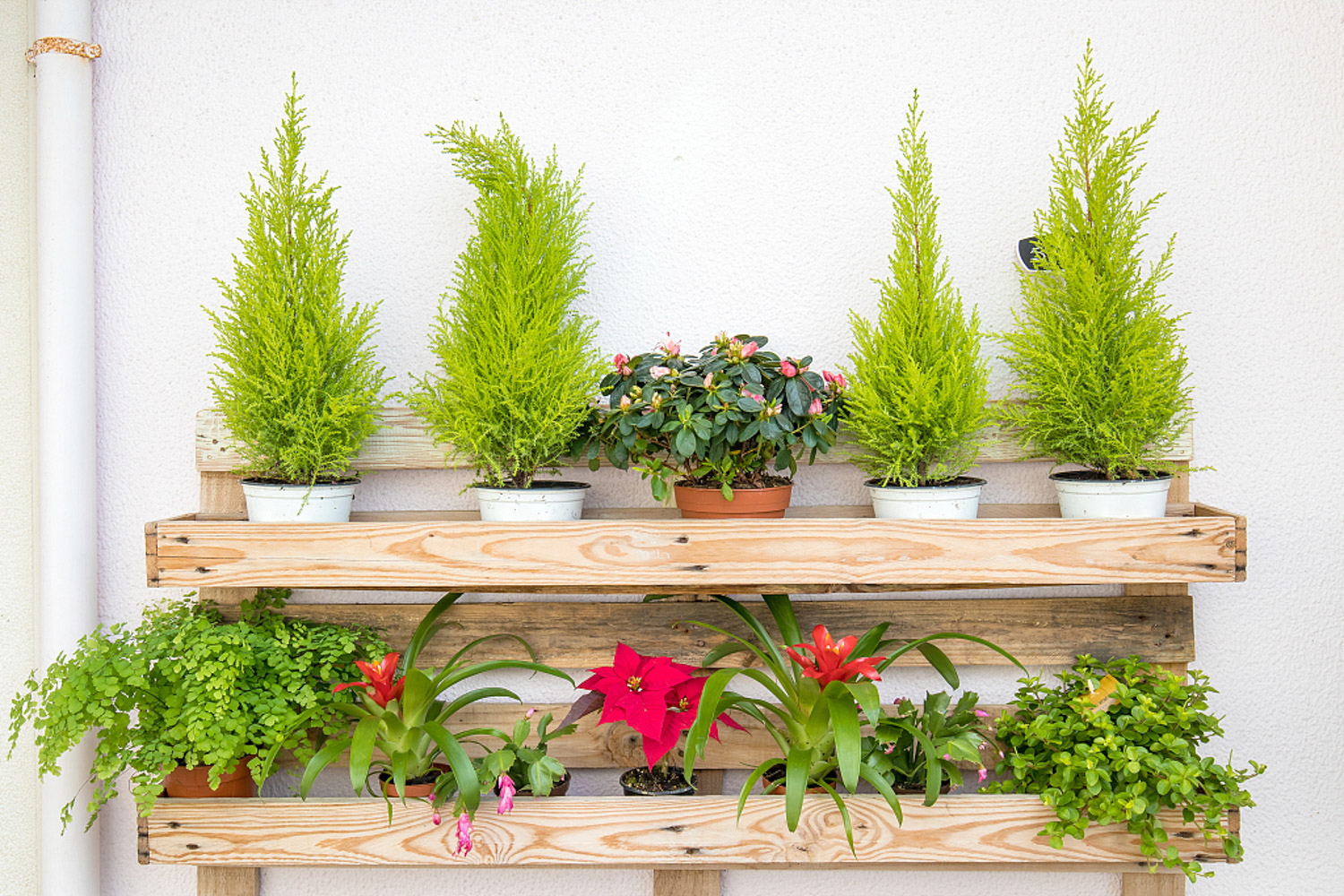
4、 Other issues
1. Toxicity: it is non-toxic. It is not only non-toxic, but also the raw material for making heat clearing and blood activating drugs
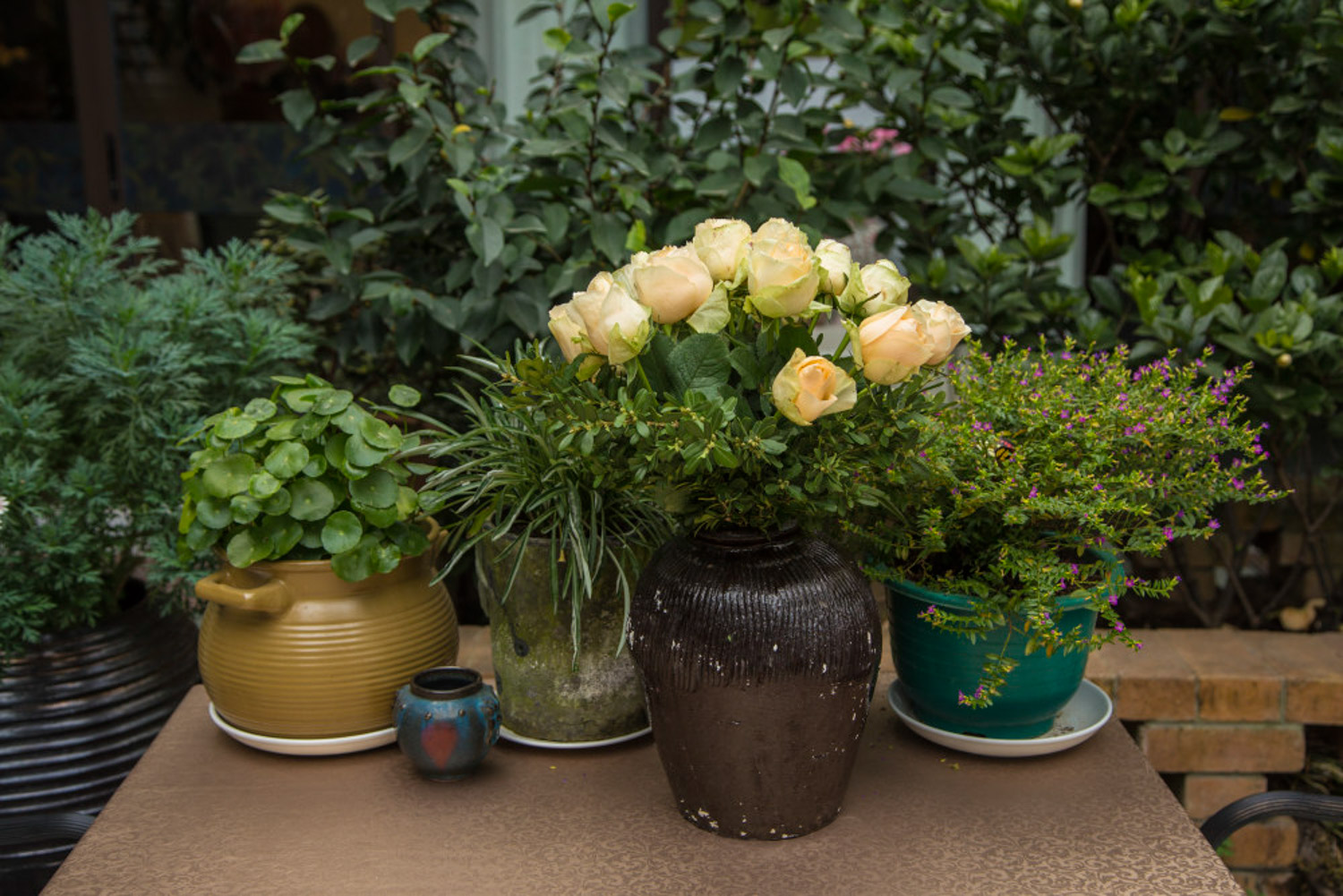
2. Whether it can be cultured indoors: it can be cultured indoors, but its fruit has the effect of abortion. If there are pregnant women at home, avoid eating by mistake
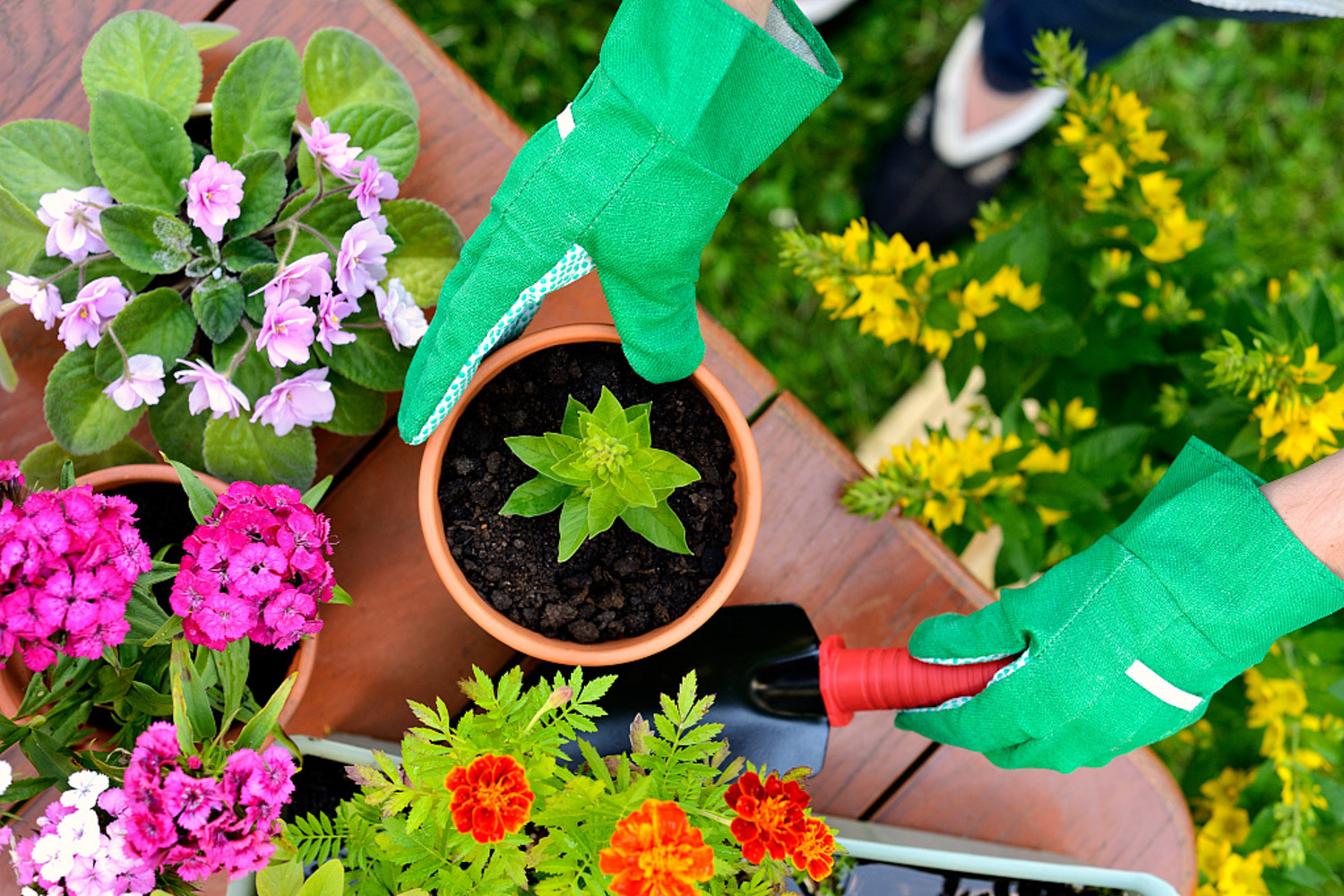

 how many times do yo...
how many times do yo... how many planted tre...
how many planted tre... how many pine trees ...
how many pine trees ... how many pecan trees...
how many pecan trees... how many plants comp...
how many plants comp... how many plants can ...
how many plants can ... how many plants and ...
how many plants and ... how many pepper plan...
how many pepper plan...





























